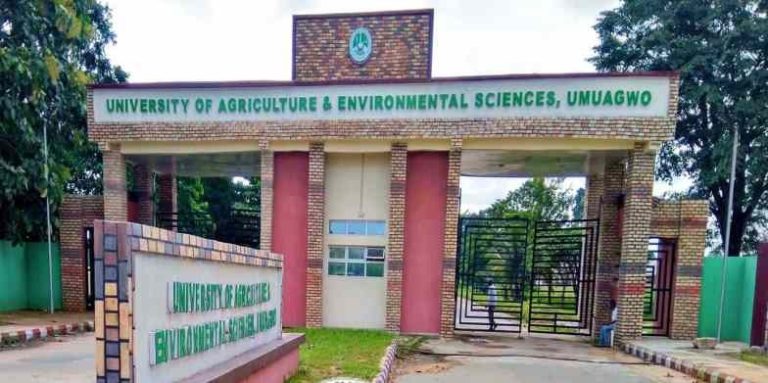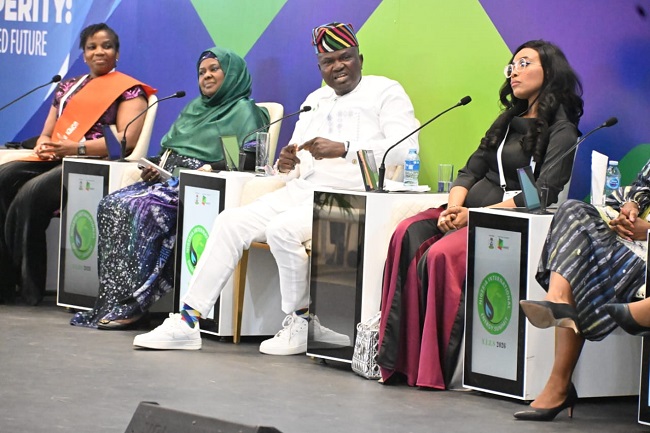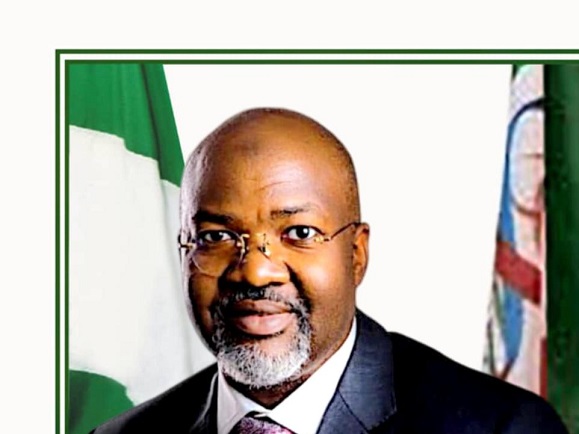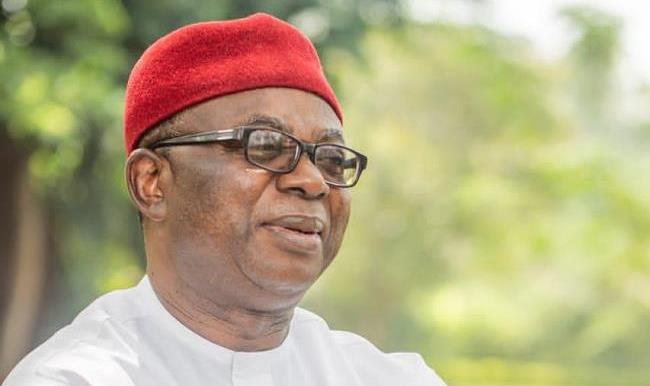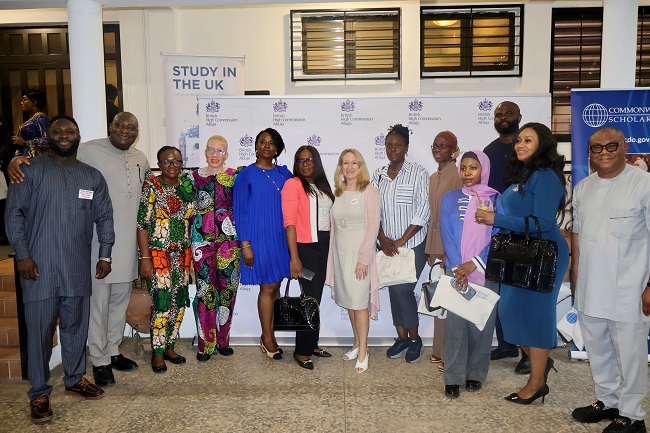The Federal Government of Nigeria has approved a unified Standard Application Procedure (SAP) to guide all shoreline allocations, reclamation requests and related approvals.
The decision is contained in a statement signed by Mr. Badamasi Haiba, Director, Press and Public Relations, Federal Ministry of Housing and Urban Development (FMHUD), on Friday, February 6, 2026, in Abuja.
Haiba said that the new guideline would ensure uniformity, accountability and transparency in the sector.

The new guidelines, according to him, are part of the resolutions of a meeting of the Technical Inter-Ministerial Committee on the Effective Control and Management of National Inland Waterways and Shorelines.
He said the committee comprised the Federal Ministry of Housing and Urban Development (FMHUD), the National Inland Waterways Authority (NIWA) and the Office of the Surveyor-General of the Federation (OSGOF).
The committee, according to him, was set up to review, harmonise and update procedures on shoreline reclamation applications, allocations and collaborative regulatory framework, in line with the directives of President Bola Tinubu and the aspirations of the Renewed Hope Agenda.
“Under the new framework, all shoreline applications shall commence with the submission of a Letter of Intent to the Federal Ministry of Housing and Urban Development.
“This will be followed by a mandatory joint inspection by FMHUD and NIWA, with the participation of the applicant,” he said.
Haiba said the Committee further resolved that provisional allocations would be based strictly on survey data jointly validated and charted by surveyors from FMHUD, NIWA and the Office of the Surveyor-General of the Federation.
He said this was in order to prevent encroachment into navigational channels, avoid overlapping grants and safeguard national spatial integrity.
He added that all existing shoreline grants – new, active, dormant or pending – shall be subjected to immediate review in line with the newly approved Standard Application Procedure.
“In accordance with earlier Presidential directives, any approval granted in previous years without evidence of payment of statutory assessed fees has been revoked.
“For high-sensitivity locations, including Banana Island, the Committee directed that no new approval or extension shall exceed boundaries jointly established by FMHUD, OSGoF and NIWA, adding that strict compliance shall be enforced.
“To strengthen process integrity and eliminate delays, the Committee approved a mandatory processing timeline of 14 days for each stage of the shoreline application and approval process,” he said.
Haiba explained that all Provisional Offer Letters would, henceforth, carry clear expiration clauses, while non-compliance by officers or applicants would attract appropriate administrative and regulatory sanctions.
He added that the resolutions of the Committee superseded all previous communications, directives, circulars and guidelines issued by any Ministry, Department or Agency in respect of shoreline reclamation, allocation, survey validation and related regulatory matters.
He said the committee commended the participating agencies for their cooperation and reaffirmed its commitment to a transparent, coordinated and sustainable framework for the management, protection and orderly development of Nigeria’s inland waterways and shorelines.
By Angela Atabo

